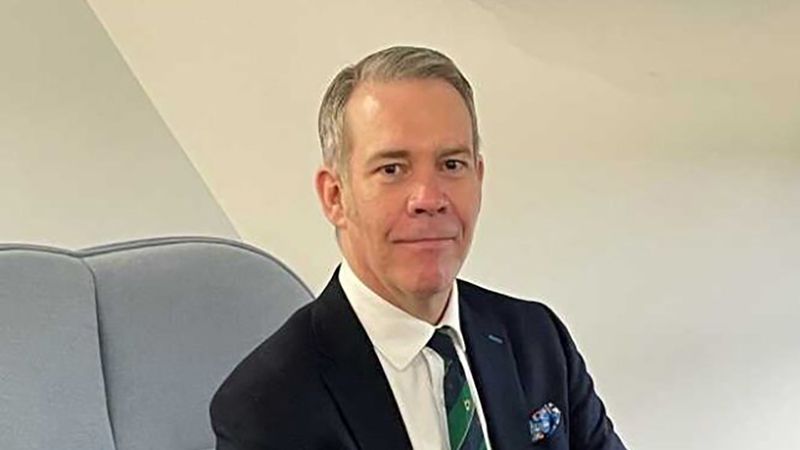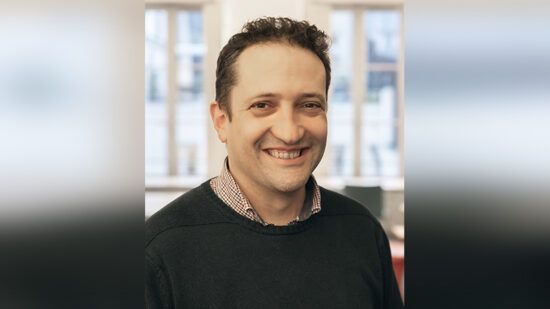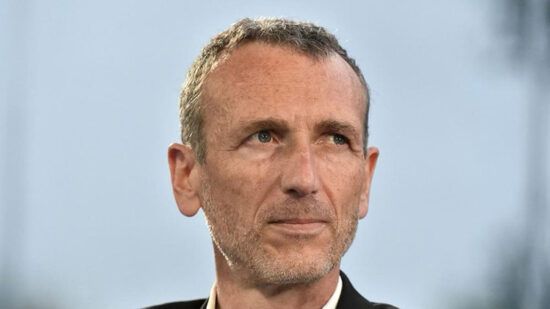The environmental challenges facing the planet are as varied as they are worrisome. Some suggest more present dangers than others, with severe weather episodes being very clear symptoms of the ravages of climate change.
While perhaps seemingly less dramatic, the widespread use of plastics also poses a real threat to both the environment and human health as the degradation of plastics into microplastics releases toxic chemicals into food and water systems. The statistics are alarming: according to the organisers of Earth Day, more plastic has been produced in the last decade than in the entire 20th century. 100 billion plastic beverage containers were sold in the US alone last year, while globally some 500 billion plastic bags were produced.
To tackle this growing problem, Earth Day 2024 is focused on Planet vs Plastics, promoting the aim of 60 X 40 – a reduction in plastic production by 60% by 2040. It aims to do this by raising awareness of the profligate use of plastic, phasing out single use plastic by 2030, discouraging fast fashion and encouraging innovative technologies to build a plastic free world.
Fund selectors can play their part in this war on plastics by considering strategies which support of Earth Day’s objectives. The circular economy and resource efficiency are two themes within Square Mile’s 3D framework, which identifies funds that reduce waste through recycling, reusing and reselling and provide alternative complementary technologies aimed at driving efficiencies reducing inputs and minimising waste within processes.
Here, we explore five funds that have the highest exposure to companies that contribute most significantly to Earth Day’s targets.
The Pictet Global Environmental Opportunities fund aims to invest in a global portfolio that is highly aligned with environmental solutions. Investee firms typically operate in services, infrastructure and technologies related to resource efficiency.
Pictet has adopted the third-party Planetary Boundaries Framework to construct the fund’s investible universe. It identifies nine key environmental dimensions and specifies thresholds that humanity should avoid crossing to prevent irreversible and catastrophic environmental damage.
Our 3D analysis identified a c.15% exposure to circular economy and c.16% to resource efficiency themes, with Waste Connection, Smurfit Kappa, and Westrock being examples of portfolio holdings aligned to the circular economy theme. Between them, they provide collection, disposal, and recycling services to residential, commercial, and industrial customers or are leaders in paper-based packaging utilising recycled fibres in their production processes.
The Regnan Sustainable Water and Waste fund has a standout core sustainability objective: to invest in companies that provide solutions to global water or waste-related challenges. The foundation of the team’s belief is that water and waste products or services are continually overlooked by investors, presenting an invaluable investment opportunity.
To be part considered for investment, a company must derive more than 40% of its revenue from operations including water desalination, wastewater treatment, water infrastructure construction or sustainable packaging. Its alignment with Earth Day stems from its waste treatment and sustainable packaging themes. Republic Services is an example of a portfolio company that contributes to a circular economy and the reduction of plastic waste in the Earth’s ecosystem. It is a major waste management company handling the collection, transportation, and disposal of waste. LKQ is another holding which deals with recycled and aftermarket automotive parts.
The Goldman Sachs Global Environmental Impact Equity fund is a portfolio of global companies that each align to one of the managers’ five environmental themes, three of which – resource efficiency, sustainable consumption, and circular economy – fit perfectly with the Earth Day 60×40 targets.
The 3D sustainability framework identified a c.94% exposure to positively impactful companies with resource efficiency and circular economy contributing to this. At the time of analysis, a significant portfolio holding was Ball Corp, a US-based provider of sustainable aluminium packaging. It is the largest such provider globally, and due to its infinite recycling rate, it is a major contributor to the reduction of plastic usage and plastic waste. Another sustainable packaging provider is DS Smith, a British multinational packaging company specialising in plastic-free, sustainable paper products. Both companies evidence the team’s objective to invest in firms that are committed to developing an economy that prioritises sustainable development over mass consumption of unsustainable products and services.
The UBAM Biodiversity Restoration fund aims to invest in companies seeking to protect and restore the natural environment or improve the sustainable use of natural resources. Its investment team assesses companies based on their revenue alignment to seven biodiversity themes: circular economy, planet-compatible utilities, green cities and urban spaces, sustainable management of natural resources, enablers of change, planet-friendly diets, and sustainable food production.
The fund achieved an impressive c.90% exposure to environmental or social impact themes. Contributing to this exposure were both circular economy (c.15%) and resource efficiency (c.10%). At the time of analysis, the fourth largest holding within the portfolio was Clean Harbors, an American waste management company that operates more than 100 recycling and waste management plants across the country. The firm also offers a full assessment of a company’s waste disposal and recycling needs by assessing the current process, identifying end markets for waste disposal, and creating a detailed programme on logistics and management over the full recycling cycle.
The Rathbone Greenbank Global Sustainability fund is a portfolio of around 50 companies aligned to one of the team’s eight sustainable themes, distilled from the UN SDGs. Among these, its resource efficiency theme not only includes companies that drive efficiencies, reduce inputs, and minimise waste within processes, but also those companies that align to our circular economy theme. SIG Group AG, for example, is a Swiss manufacturer of sustainable packaging, helping to reduce plastic consumption through the provision of cartons for beverages and food using responsibly sourced and easily recyclable inputs. Another example of how the fund contributes to the reduction of plastic and plastic waste is through Waste Management, a US-based firm offering services such as waste collection and recycling pickups.








